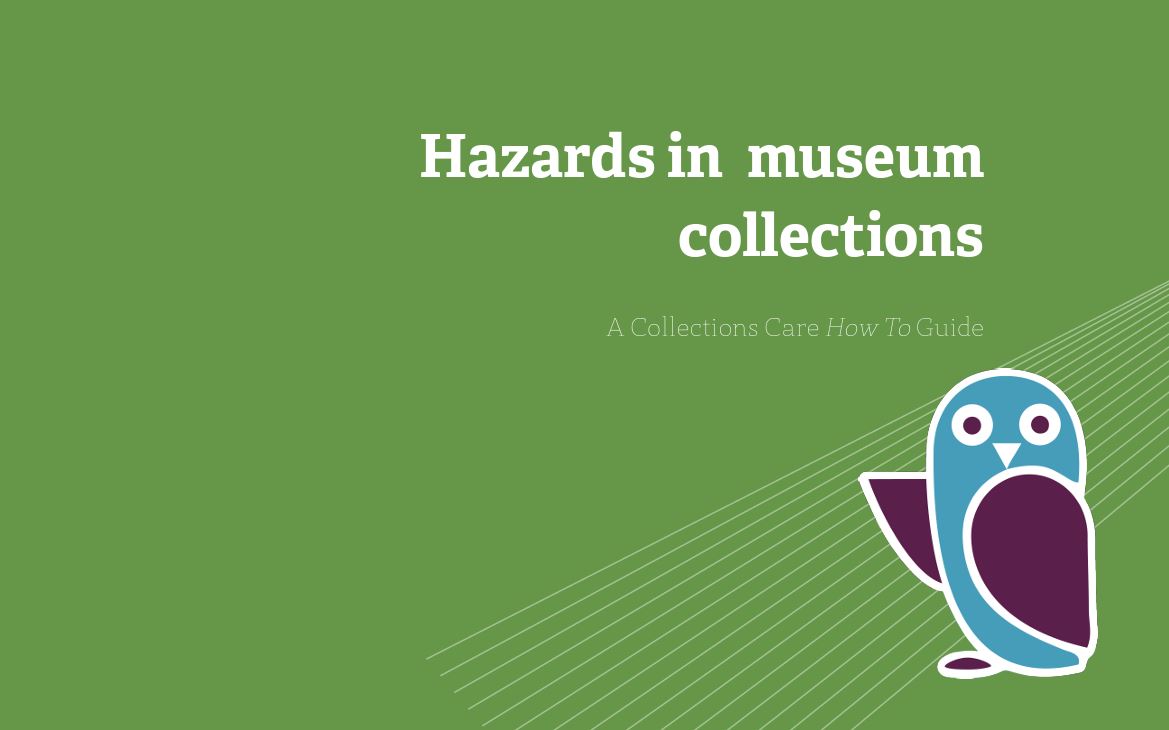Enforced neglect
Another threat, which is often forgotten, is the consequences of neglect. During conflict and following environmental disaster, staff may not be able to access archives, historic buildings, libraries, museums, or sites, disrupting essential routine maintenance. Historic documents, books, objects, buildings, and sites need constant maintenance and without such care can rapidly deteriorate. Delicate archives, books, and museum objects also need to be kept in precise environmental conditions that are frequently interrupted by conflict or environmental disaster. Others require treatment by chemicals that are often impossible to obtain. Emergency storage or refuges for objects often lack the needed environmental conditions.
Some of the museum collections in Lebanon experienced significant damage as a result of the humidity in the emergency storage; this problem has also affected the National Museum of Aleppo. In some places, cultural property is not seen as important, or the staff lack relevant training, so its maintenance, conservation, and cataloguing may have been neglected in peacetime, compounding the problems experienced during armed conflict or environmental disaster.
Mitigation: Working with the armed forces, it is sometimes possible to arrange access to sites for maintenance purposes, or evacuate collections in advance of problems. When preparing emergency refuges in peacetime, consideration should be given to the environmental needs of the collection. However, given the speed of a conflict or disaster, it is not always possible to evacuate a collection, or implement safeguarding measures in situ. Sometimes, the best support that can be provided externally is materials and equipment to protect objects and sites, or training in emergency measures. This can be for both heritage staff, and the armed forces and emergency responders, who may be tasked with assisting where possible.
Some of the museum collections in Lebanon experienced significant damage as a result of the humidity in the emergency storage; this problem has also affected the National Museum of Aleppo. In some places, cultural property is not seen as important, or the staff lack relevant training, so its maintenance, conservation, and cataloguing may have been neglected in peacetime, compounding the problems experienced during armed conflict or environmental disaster.
Mitigation: Working with the armed forces, it is sometimes possible to arrange access to sites for maintenance purposes, or evacuate collections in advance of problems. When preparing emergency refuges in peacetime, consideration should be given to the environmental needs of the collection. However, given the speed of a conflict or disaster, it is not always possible to evacuate a collection, or implement safeguarding measures in situ. Sometimes, the best support that can be provided externally is materials and equipment to protect objects and sites, or training in emergency measures. This can be for both heritage staff, and the armed forces and emergency responders, who may be tasked with assisting where possible.
The Blue Shield UK Emergency Planning and Response Working Group is committed to helping institutions plan for conflict and disaster, minimising the damage caused when buildings cannot be accessed. We also support civil-military training, to help armed forces understand the unique needs of cultural heritage.
